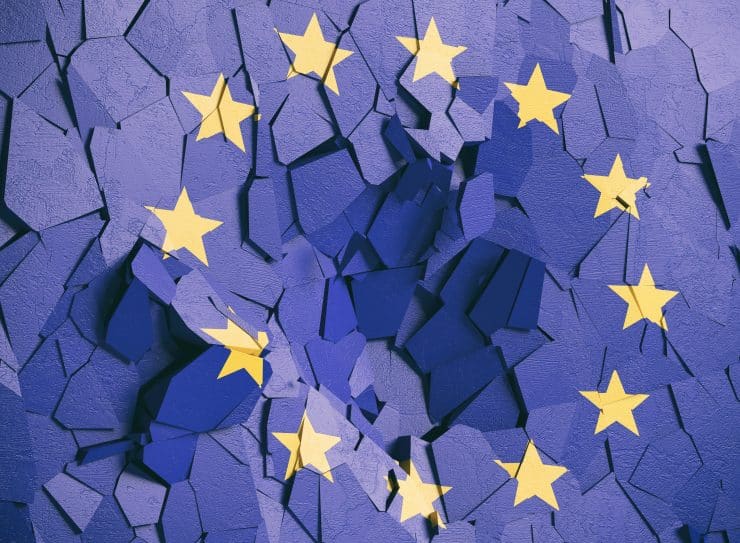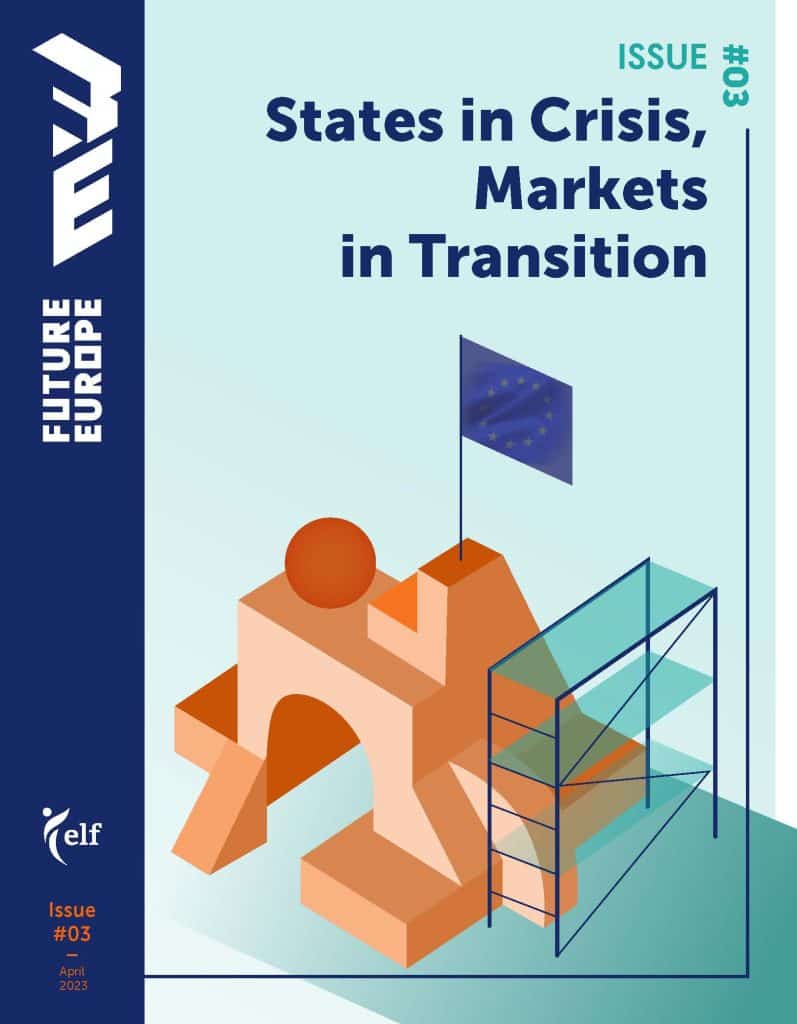7 April 2023
Future Europe Journal Issue 3 is here, and it explores the EU’s multi-level crisis response
Foreword by Issue 3 Editor Dr. Maria Alesina

Foreword by Issue 3 Editor Dr. Maria Alesina

The EU evolves through crises. As a sui generis project, it does not have a pre-defined destination point and is constantly ‘in the making’. Shocks and disruptions point to the weak links in its construction and urge the EU to expand in the directions neither initially envisioned nor easily predictable.
Every new crisis thus signifies a potential step forward – deeper into the integration process. However, the growing frequency and intensity of disruptions is a challenge in itself. In the past decade, there was indeed no shortage in their number and variety. In the increasingly interconnected world, a butterfly effect of local developments reaches unseen scopes and speeds. As a result, we have been facing new turmoil every year, leading us to a state of permacrisis.
The trend is unlikely to slow down any time soon. This calls for the EU to become a pro in crisis management. To remain the same, the EU needs to change – constantly.
Flexibility, innovativeness, and reactivity must become the characteristic features of our political approach and policy development. It is not an easy task for an entity known for the complexity of its decision-making. At the same time, ad-hoc solutions required by urgent circumstances often entail long-term repercussions. The question is, thus, where our crisis response is leading our societies and economies in the long run.
– Dr. Maria Alesina
The third issue of the Future Europe Journal is dedicated to exploring how Europe has been transitioning to new modes of functioning due to its multi-faceted crisis management. In their contributions, our authors reflect on two interrelated dynamics. On the one hand, the papers study how the European markets and industries adapted to new challenges and demands. On the other hand, the authors focus on innovative instruments and practices that policymakers could utilise to navigate crises and out-of-the-ordinary scenarios on the EU level. Both angles shed light on the long-term transformations and trajectories to which the European states, markets, and the Union as a whole are heading.

Thematically, the contributions cover a range of issues that arose from the major turbulences of the past several years: economic, financial, related to global warming, public health, and global geopolitical competition. Special attention was paid to the digital and sustainable vectors as a cross-cutting theme of the crisis response.
We were working on this issue amid the brutal Russian aggression against Ukraine. Any other shock can hardly compare to the one of war, especially on the continent that is used to being a haven of peace. For this reason, we decided to leave this important topic for the next issue of the Future Europe Journal, which will be explicitly dedicated to European security and defence matters.
The contributions were written by academics and industry experts from across Europe. Special acknowledgements for preparing the journal go to Prof Dr Kristijan Kotarski (University of Zagreb), the Guest Editor of the third issue, and Prof Dr Gérard Pogorel (Institut Polytechnique de Paris-Telecom) for his insightful concluding remarks.
As the two sides of the same coin, challenges and opportunities usually go hand in hand.
– Dr. Maria Alesina
With crises circulating across borders at the speed of light, who, if not the EU, can provide solutions to problems that cannot be solved on the national level? This is another chance for the EU to present a counterargument to populists and showcase its added value to European citizens. This issue provides insights into what has been done in the past and what is yet to be accomplished for shaping the Europe of tomorrow – more resilient, more credible, and more liberal.